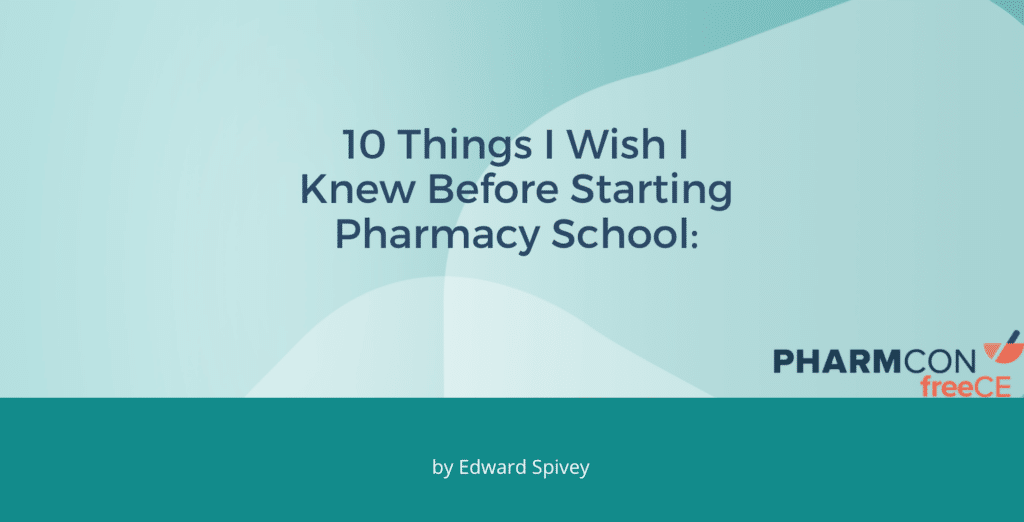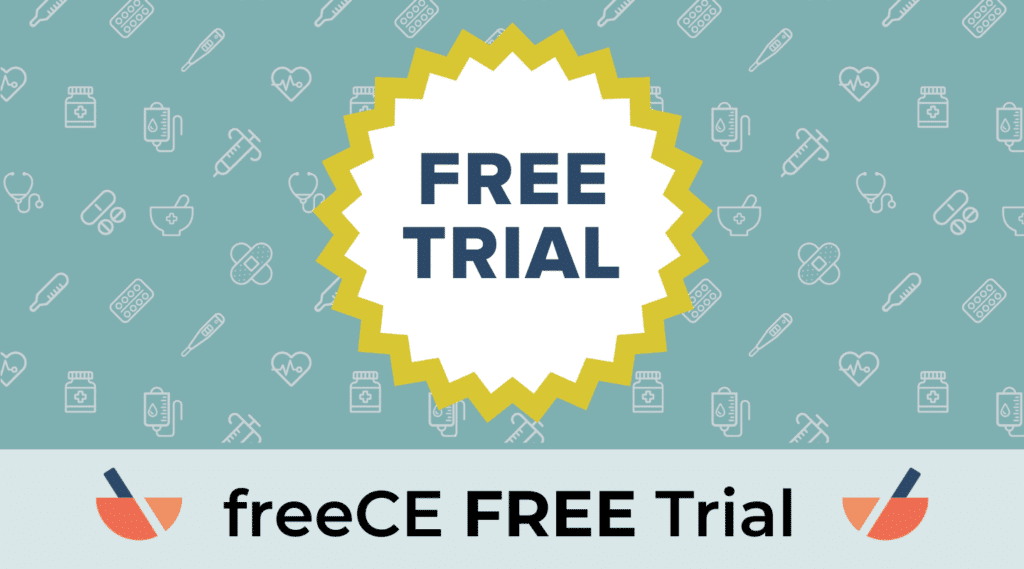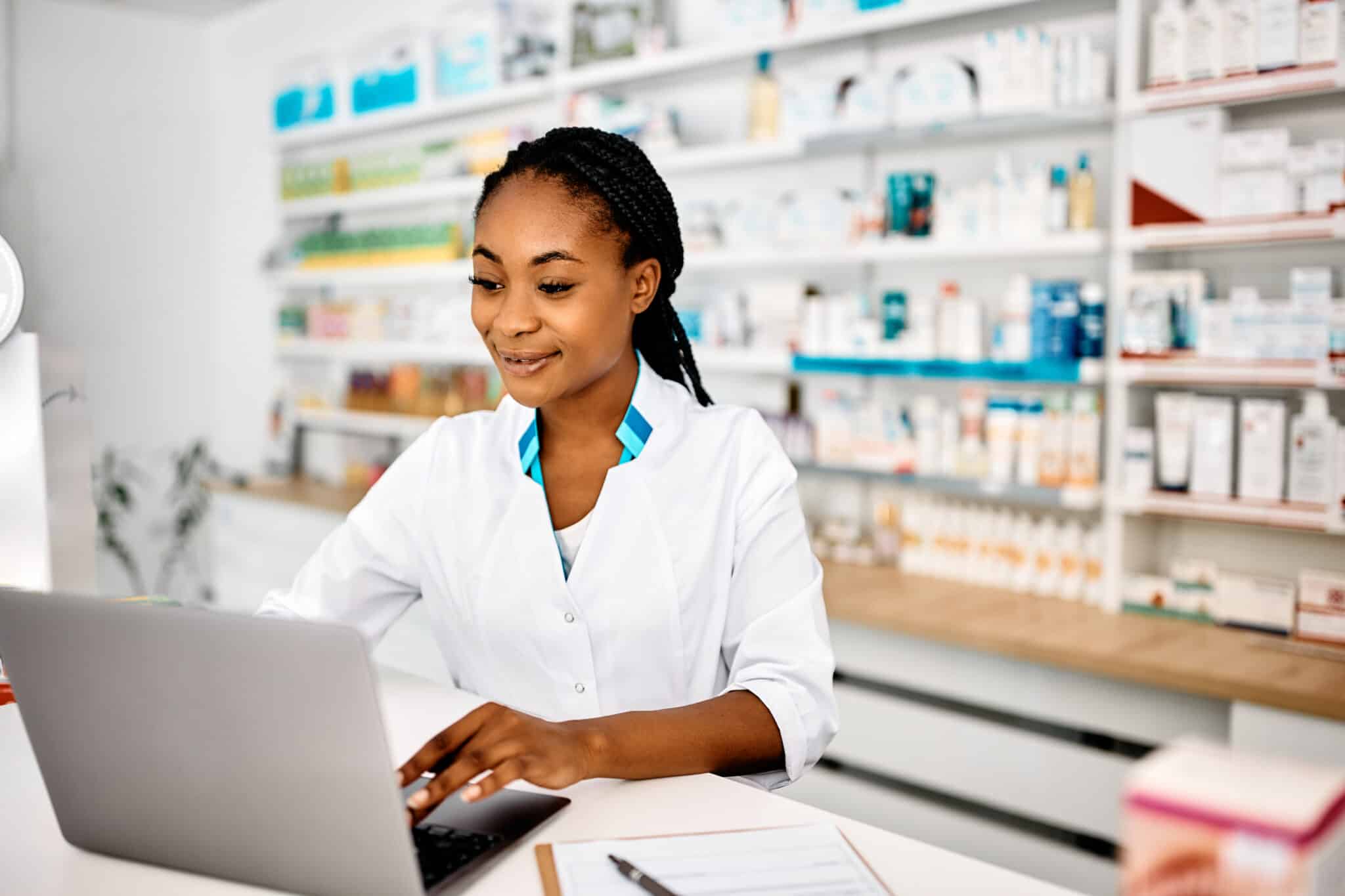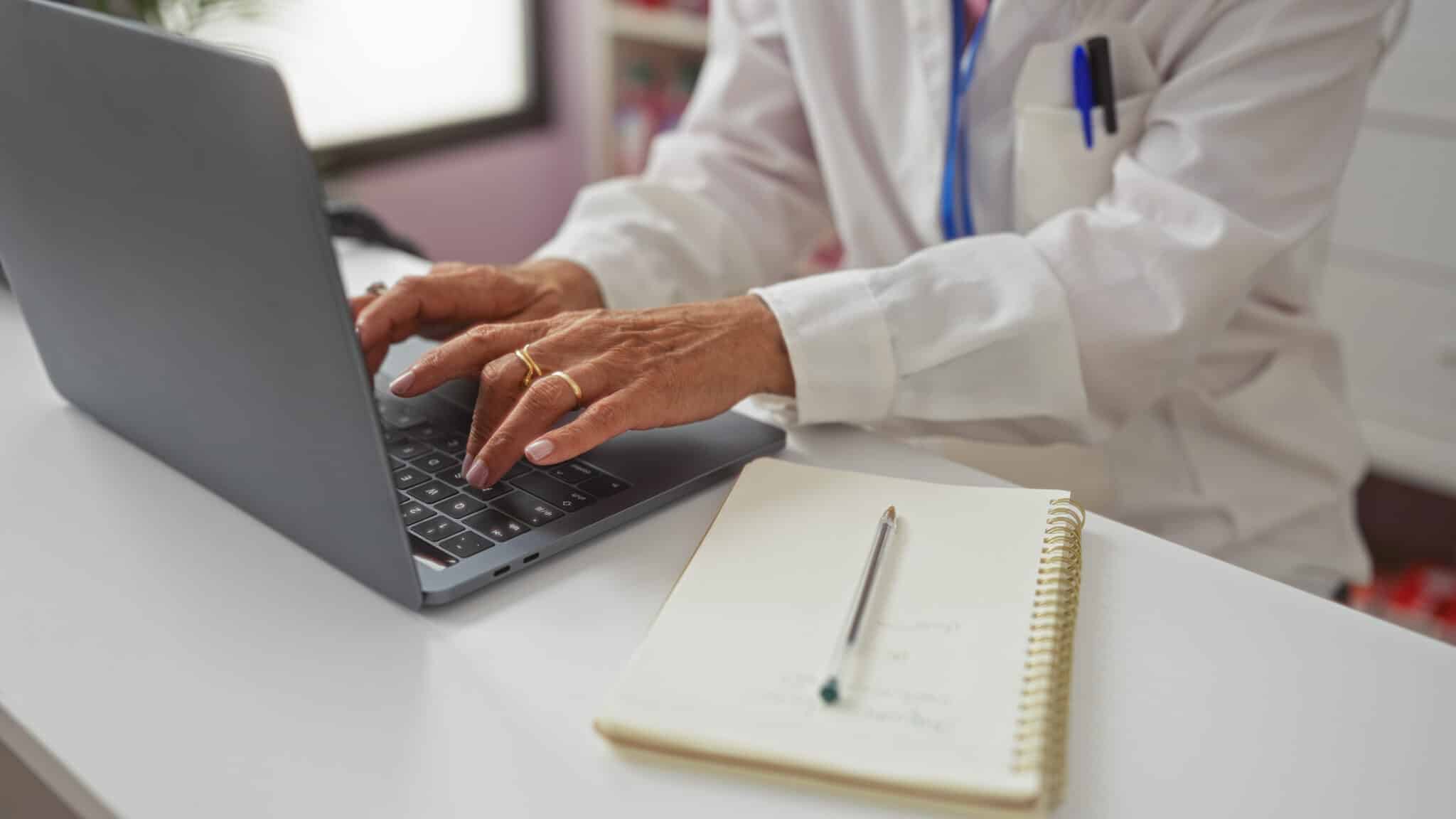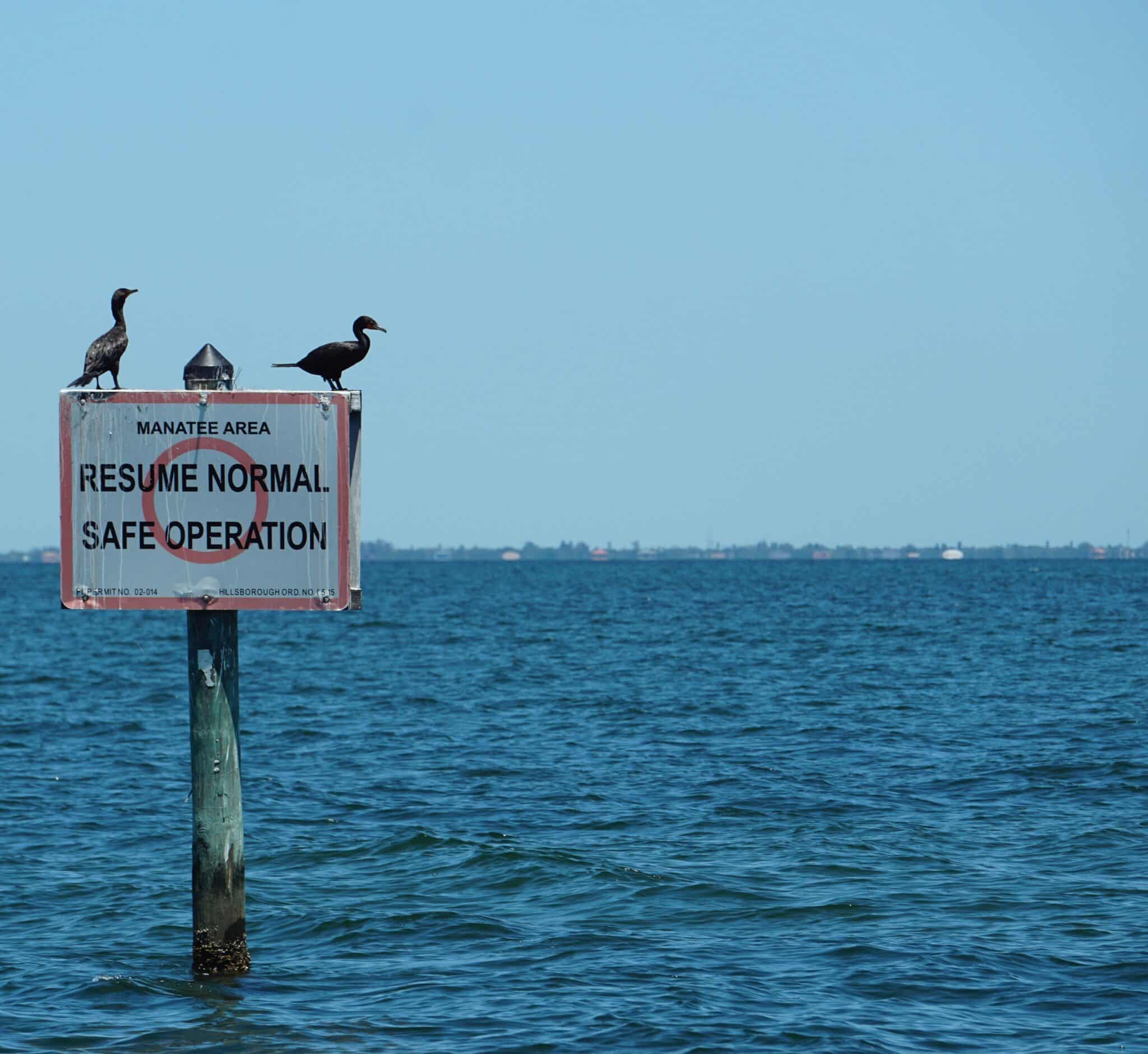Edward Spivey is a 4th year pharmacy student at the Medical University of South Carolina College of Pharmacy and completed an externship with PharmCon freeCE. He agreed to reflect on his time as a student and offer some key observations to those contemplating a formal pharmacy education:
Table of Contents
10 Things You Need To Know Before Starting Pharmacy School
1. It is a lot of school!
Pharmacy school first requires a high school diploma, which typically takes 12 years of school to acquire. After that, between 2-4 years of undergraduate education are needed. The reason for this range is that pharmacy schools technically do not require an undergraduate degree, simply the completion of the prerequisite undergraduate courses which can be done in 2 years. However, some people will still want a degree and choose to go an extra year or two in order to obtain that. After undergraduate studies are finished, pharmacy school will last four years. This means that if you graduate high school at 18 years of age, you will not be done with school until 24 at minimum. This is a lot of school and a major reason for burnout. If I could go back and do it again, I would have taken a gap year between either high school and undergrad or undergrad and pharmacy school.
2. Beware of burnout!
In my experience, burnout was extremely common among students in pharmacy school. This can lead to just doing things “to get them over with” and not necessarily committing the material to memory. Studying the night before a test just to get a passing grade rather than to learn the material will hurt you down the line, but the longer you are in school and the more exams you have to take the more burnt out you will get, and this will be an increasingly tempting option. This will also make the NAPLEX much more difficult to pass. Find time to do what you enjoy and make sure to take breaks when you start to feel burnout coming on to avoid this.
3. Find a way to study that works for you early on
For some pharmacy students studying was not something they had to invest a lot of time to in undergrad or high school and you may have been able to get by with just re-reading the material a bit before the tests. This is unlikely to work in pharmacy school and everyone learns best by studying a different way. For me, the best way that I found to study was to go through the notes/PowerPoints and write test questions as if I was writing the test for that subject, including multiple choice answers. This helps to critically think about each section. However other methods to study are things like flashcards which may help more with material that simply needs to be memorized.
4. Find a way to be awake a few hours before an exam
I always did better at exams in the afternoon than in the morning because I had been awake for a few hours and was more attentive. Nevertheless, there are likely to be some exams that begin at 8am. For these exams, I have found that it is helpful to plan your routine so that you can be awake for 2 or 3 hours before the exam starts. As miserable as it sounds, I found that waking up around 4 or 5 am and going somewhere like Chick-fil-A to get breakfast and study before the exam helped me to improve at early exams a lot.
5. Stay organized and save everything
You will get a lot of materials while at pharmacy school from notes to handouts to presentations. It is important to keep everything organized so that when you need a particularly helpful handout it is easy to find. Also, while notes cannot be used as citations, they often contain useful tables put together by professors and will likely present the information in a way that is easier to learn. It is important to keep a folder on your computer with all the materials you receive in pharmacy school organized in a way that makes sense to you. Remember that when you graduate, or your school changes educational software, you will lose all of these materials so make sure you download and save them so that you do not regret it later.
6. Take advantage of the library/on campus study areas
Personally, I found that I get my best work done on campus. It is easy to get in the habit of only coming to campus for class, exams, or school events. However, I found that it was much easier to study or work on projects on campus than it was at home. On campus there are much less distractions, and the atmosphere is generally conducive to putting your head down and getting work done. I have found that not only did I work better on campus, but I got my work done quicker as the environment simply helped me to focus more and not take the breaks that I would take if I did it at home.
7. Start studying for the NAPLEX and MPJE early
The NAPLEX and MPJE are big tests and will require a significant time investment to do well on. Furthermore, they may test on things that do not come up as often or are not stressed as much either in school or on rotations. Taking on an hour or even half an hour each day to study things like brand and generic names or the major contraindications or side effects for a class of drugs is likely to help immensely on the NAPLEX. Also, if your school provides things like practice tests or online quizzes you should take as much advantage of these as you can, because these will likely better reflect the type and level of questions that will appear on the NAPLEX and MPJE.
8. Have your CV on your desktop and update at every opportunity.
You will likely receive many different certifications or seminars that can go on your CV from basic life support training to immunization certification and many more class specific certifications. It is also easy to forget that you got some certificates if you wait for too long before adding them. This is because some you will get some over the course of normal school activities and it will be difficult to separate what you were learning as part of school, and what you learned that also awarded a certificate. Keeping a CV that you consistently update will be a huge help when you get to the end of your pharmacy education.
9. Pay attention in any drug information/critical literature evaluation lectures or courses
The ability to find information on drugs and critically evaluate primary literature is one of the most important things to leave pharmacy school with, and something you will likely be asked to do on every rotation. At some point you will have a lecture or course on these topics, it is best to think of them as one of the most important lectures or courses that you will receive in pharmacy school. Critical literature evaluation and drug information skill will be useful to you no matter what you end up doing in the field of pharmacy and if you pay close attention in these lectures, you will have a much easier job on rotations and in the real world.
10. Nothing ever goes away because you don’t understand it
It is possible to pass a test even if you don’t understand part of the unit. Just because you pass a test, does not mean you don’t need to get a classmate, tutor, or professor to explain the part you don’t understand. This material won’t go away just because the test is over. You may see it on rotation or over the course of your career. If you don’t have a professor or classmate explain it to you while in pharmacy school, you will have to learn it on your own later down the line, which will certainly be more difficult than having someone trained as a teacher explain it to you.
Special thanks to Edward Spivey for this helpful information. If you are a pharmacist looking for pharmacy CE, freeCE is here to help you meet your continuing education requirements. Sign up for our FREE trial today! 👇

